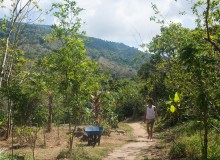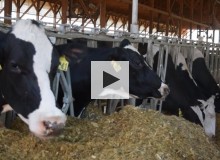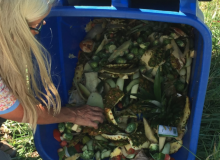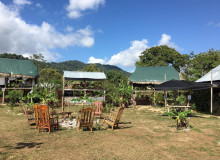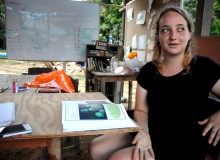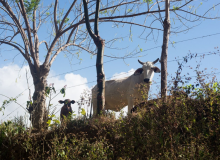Food
Northwestern University
Kalu Yala's culinary staff and interns are serving up sustainable and delicious meals in the Panamanian jungle.
Northwestern University
What are the financial and cultural challenges Kalu Yala is facing in recruiting Panamanian residents as interns and staff?
George Washington University
Editorial director at World Food Program USA M.J. Altman uncovers the hidden human stories about people and food on the frontlines of hunger in her podcast called “Hacking Hunger.”
Northwestern University
Young people are exploring food systems through farming. We compared the group we met while in Panama with an urban farm on the South Side of Chicago.
Assignment Editor, Planet Forward
Brett Reinford and his family use a methane digester on their farm in Mifflintown, Pennsylvania to reduce food waste and generate power.
Sewanee: University of the South
Sewanee student Chris Hornsby explains his blueprint for the creation of self-sustaining and equitable tribal communities. And it all begins with larvae.
Northwestern University
Through a scientific process that seems almost magical, the creation of biochar takes you a step closer to reducing your carbon footprint. But this technique has a history that dates back further than you might think.
Northwestern University
One culinary intern at Kalu Yala used her time in Panama to improve her personal relationship with food and to get an example of a sustainable food system that contrasts the American food system.
Northwestern University
One sustainable jungle town in Panama hopes to repopulate iguanas in their natural habitat and begin using them as an alternative meat source to cows in the tropics.
Northwestern University
In a place so focused on environmental sustainability, an important caveat at the eco-town Kalu Yala is its struggle to create an environment that is mentally sustainable.

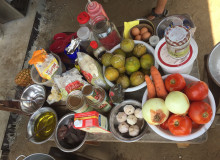
_1.jpg%3Fitok=mkonQV3f)
 (1).jpg%3Fitok=KdfE5GXf)
